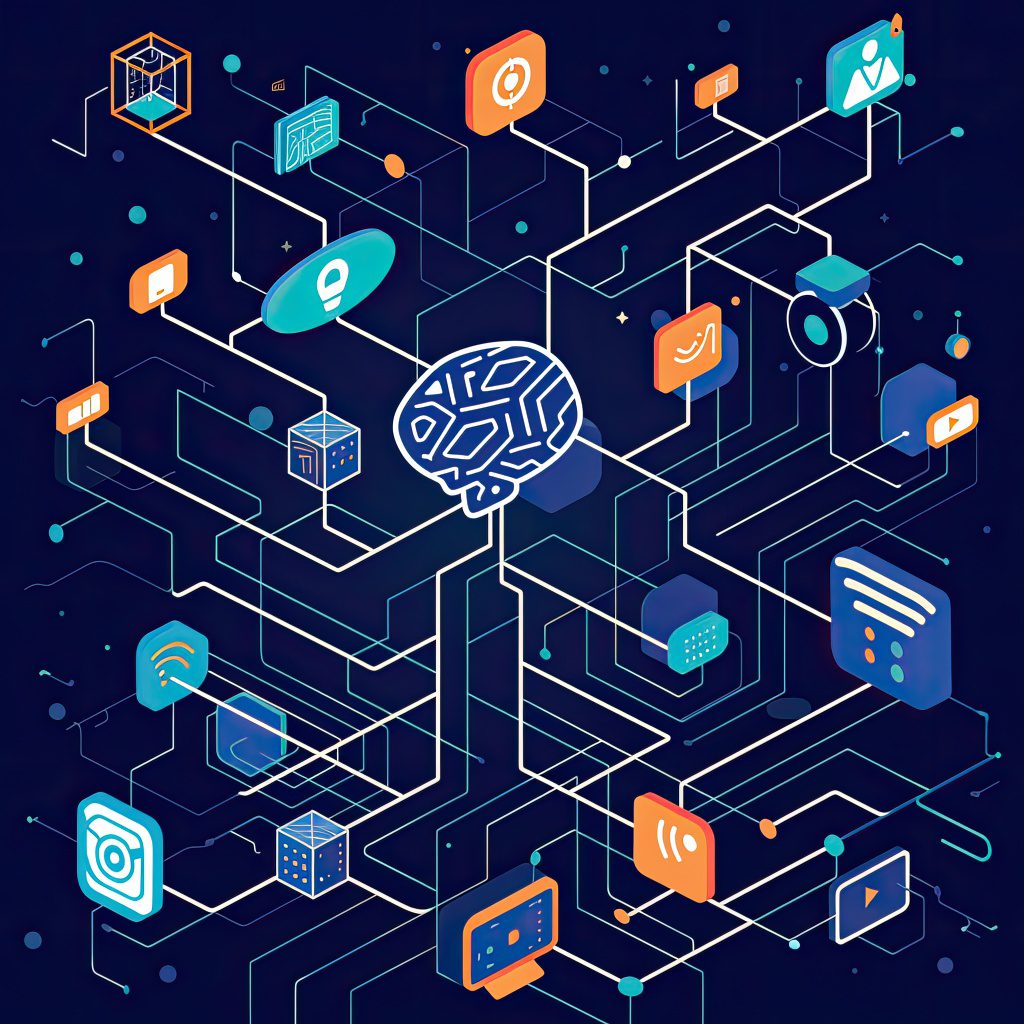Which Programming Language Should I Choose for AI?
Introduction
Artificial Intelligence (AI) has emerged as a pivotal technology transforming various industries. From healthcare to finance, AI is revolutionizing how businesses operate and how decisions are made. However, one of the most common questions aspiring AI developers face is: “Which programming language should I choose for AI?” This post aims to provide a comprehensive guide to help you make an informed decision based on your goals, project requirements, and skill level.
Understanding the Importance of Choosing the Right Language
The choice of programming language can significantly impact the efficiency, performance, and scalability of your AI projects. Different languages offer different libraries, tools, and community support, making some more suitable for specific AI applications than others. Let’s delve into some of the most popular programming languages for AI and evaluate their strengths and weaknesses.
Python: The De Facto Language for AI
Overview
Python is often considered the go-to language for AI development, and for good reason. Its simplicity and readability make it an excellent choice for beginners and experienced developers alike. Python’s extensive ecosystem of libraries and frameworks, such as TensorFlow, Keras, PyTorch, and scikit-learn, simplifies the development of AI models.
Advantages
- Ease of Learning: Python’s syntax is straightforward, which reduces the learning curve and allows developers to focus on solving AI problems rather than dealing with complex language intricacies.
- Rich Ecosystem: Python boasts a vast array of libraries and frameworks specifically designed for AI and machine learning. Libraries like TensorFlow and PyTorch provide powerful tools for building neural networks and deep learning models.
- Community Support: Python has a large and active community, which means a wealth of tutorials, documentation, and forums are available to help developers overcome challenges.
- Integration: Python integrates well with other languages and tools, making it versatile for different phases of AI development.
Disadvantages
- Performance: Python is an interpreted language, which means it can be slower compared to compiled languages like C++ or Java. However, this is often mitigated by using optimized libraries written in these languages.
- Memory Consumption: Python can be memory-intensive, which might be a drawback for large-scale AI applications.

R: The Statistician’s Choice
Overview
R is a language designed for statistical computing and graphics. It’s highly popular among statisticians and data miners for developing statistical software and performing data analysis. R has a robust ecosystem for data manipulation, analysis, and visualization, making it a strong candidate for AI applications that require heavy statistical analysis.
Advantages
- Statistical Analysis: R excels at statistical analysis and visualization, providing tools that are ideal for data exploration and understanding.
- Comprehensive Libraries: R has numerous packages like caret, randomForest, and nnet that are tailored for machine learning and AI.
- Visualization: R offers excellent data visualization capabilities with packages like ggplot2, which helps in creating insightful visualizations of AI model results.
Disadvantages
- Learning Curve: R’s syntax can be unconventional and harder to grasp for those coming from other programming languages.
- Performance: Similar to Python, R is an interpreted language, which can lead to slower performance for computationally intensive tasks.
Java: The Enterprise Solution
Overview
Java is a widely-used, general-purpose programming language known for its portability across platforms. Java’s robustness, performance, and scalability make it a popular choice for enterprise-level AI applications.
Advantages
- Performance: Java is a compiled language, offering better performance than interpreted languages like Python and R.
- Scalability: Java is designed for building large, scalable applications, making it suitable for enterprise AI solutions.
- Extensive Libraries: Java has a rich set of libraries for AI and machine learning, such as Weka, Deeplearning4j, and MOA.
- Cross-Platform: Java’s “write once, run anywhere” philosophy ensures that AI applications can run on any device with a Java Virtual Machine (JVM).
Disadvantages
- Complexity: Java’s verbosity can make coding more time-consuming and less intuitive than languages like Python.
- Resource Consumption: Java applications can be resource-intensive, requiring significant memory and processing power.
Julia: The Rising Star
Overview
Julia is a high-level, high-performance programming language for technical computing. It is designed for numerical and computational science, making it an excellent choice for AI applications that require heavy numerical analysis and high performance.
Advantages
- Performance: Julia is designed for performance, often matching or exceeding the speed of languages like C.
- Ease of Use: Julia combines the ease of use of Python with the performance of C, making it accessible for both novice and expert programmers.
- Specialized Libraries: Julia has specialized libraries for machine learning, such as Flux.jl and MLJ.jl, providing powerful tools for AI development.
- Interoperability: Julia can easily call Python, C, and Fortran libraries, making it highly versatile.
Disadvantages
- Young Language: Julia is relatively new, meaning it has a smaller community and fewer libraries compared to more established languages like Python.
- Adoption: The adoption rate of Julia in the industry is still growing, which might limit its use in some enterprise environments.

C++: The Performance-Oriented Choice
Overview
C++ is known for its high performance and control over system resources. It is widely used in applications where performance is critical, such as game development, real-time systems, and simulations. For AI, C++ can be used to build performance-intensive components.
Advantages
- Performance: C++ offers unparalleled performance and efficiency, making it suitable for high-frequency trading algorithms, real-time AI systems, and complex simulations.
- Control: C++ provides low-level control over system resources, which can be crucial for optimizing AI algorithms.
- Library Support: Libraries like TensorFlow and Caffe have C++ APIs, allowing developers to leverage high-performance AI tools.
Disadvantages
- Complexity: C++ is complex and has a steep learning curve, making it less accessible for beginners.
- Development Time: Writing and debugging C++ code can be time-consuming compared to higher-level languages like Python.
Conclusion
Choosing the right programming language for AI depends on various factors, including your project requirements, performance needs, and personal preferences. Here’s a quick summary to help you decide:
- Python: Best for general AI development due to its ease of use and extensive libraries.
- R: Ideal for projects requiring heavy statistical analysis and data visualization.
- Java: Suitable for enterprise-level AI applications that require scalability and performance.
- Julia: A great choice for high-performance numerical and computational AI applications.
- C++: Perfect for performance-critical AI components where control over system resources is essential.
Each language has its strengths and weaknesses, and the best choice often depends on the specific requirements of your AI project. Stay tuned for more in-depth posts exploring AI development in each of these languages.
Useful Links
- Python for AI and Machine Learning
- R Programming for Data Science
- Java Machine Learning Library
- Julia Language for AI
- C++ AI Libraries
By understanding the strengths and weaknesses of different programming languages, you can make an informed decision that aligns with your AI project goals. Stay tuned for more in-depth articles on AI development using these languages.



